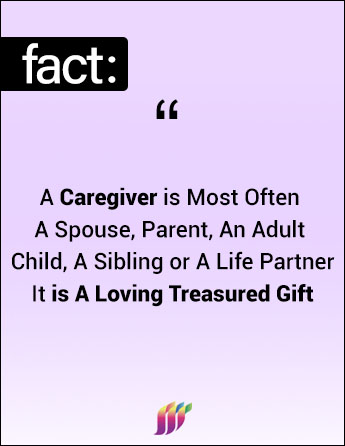Coping With Stress As A Caregiver

Listen to Article
Share this Article: [social-share align=”left” style=”icon” size=”m” nospace=”no” animation=”no” counters=”0″ buttons=”facebook,twitter,mail,messenger”]
Written By Tony Subia
August 16, 2022
You Will Likely Go Through A Wide Range of Emotions
Whether you are a spouse, adult child, an other family member, loved-one or a good friend, Just know that you’re feelings and emotions are normal. The best way to cope with them is to step-back, clear your mind and then determine the best, positive way to approach each of them. The fact that you are giving care to the patient shows your love, concern, and compassion of helping the patient get through some very difficult times. Becoming a caregiver can be a very rewarding experience.
At differing times you may feel helpless, fear, anger, grief, guilt, depression, and loneliness. You may feel very hopeful in all respects and then suddenly become discouraged and agitated for many reasons.
ANXIETY.
Care giving to a family member with pancreatic cancer can be a rewarding experience. Yet it can be challenging trying to balance both helping a loved-one to cope with cancer and sustaining the needs of your own family particularly if you still have school-age children at home. You may have a part time or a full time job that is still required to sustain the financial needs of your family. Care giving can become overwhelming.
Anxiety can be described as the result of having strong feelings of concern, worry, and fear. Although it is normal to feel overwhelmed with so much to handle, you cannot let anxieties get in the way of letting yourself feel rewarded. Ask other family members for help. Multiple caregivers will not only relax the burdens on yourself, but will enhance the quality of care to the patient as well.
FEELING HELPLESS.
There will be times when you may not know how to help. Those times will become some of your most depressing. As a non-professional caregiver, you cannot be expected to take away the patient’s pain or all of his or her anxieties, frustrations, and negative emotions. Your role as caregiver to a pancreatic cancer patient is soothing and minimizing pain and negative emotions to make daily life as comfortable and possible for the patient. You must try and refrain from showing your own frustrations as much as possible.
BECOMING LONELY.
There are several ways you may feel lonely as a pancreatic cancer caregiver. It is easy to feel like no one else in the family knows what you are going through and there is no one else around use as a sounding board. Since you are spending most of your free-time as a caregiver, you likely will have less time to spend doing things with your friends. You can invite friends to come over and spend some time with you. Try asking family members to help you, but try and refrain from getting angry if they decline. Fractures among family members can adversely affect the emotions of the patient.
FEELING GRIEF.
It is understandable that you will feel so sorry that your loved-one has to go through side effects resulting from cancer treatments. It is possible to feel the loss of the more enjoyable times you and your patient had before his or her serious health issues got in the way. If the patient is suffering from late stage pancreatic cancer and facing very difficult prognosis odds of surviving the disease can send you into a premature state of mourning the loss of your loved-one. Many patients have survived late stage pancreatic cancer and as a caregiver you give the patient to never give up hope.
COPING WITH DEPRESSION.
Depression can result from all of those factors listed above. The added stress of worrying how the patient’s pancreatic cancer can negatively affect the entire family and close friends can deepen your depression. Depression can come suddenly or will gradually magnify over time. If it affects your ability to function normally, don’t hesitate to get counseling to help mitigate and ease your depression. Otherwise your depression can adversely affect the successful recovery of the patient.
Above All, Remain Hopeful For Both You and Your Patient.








